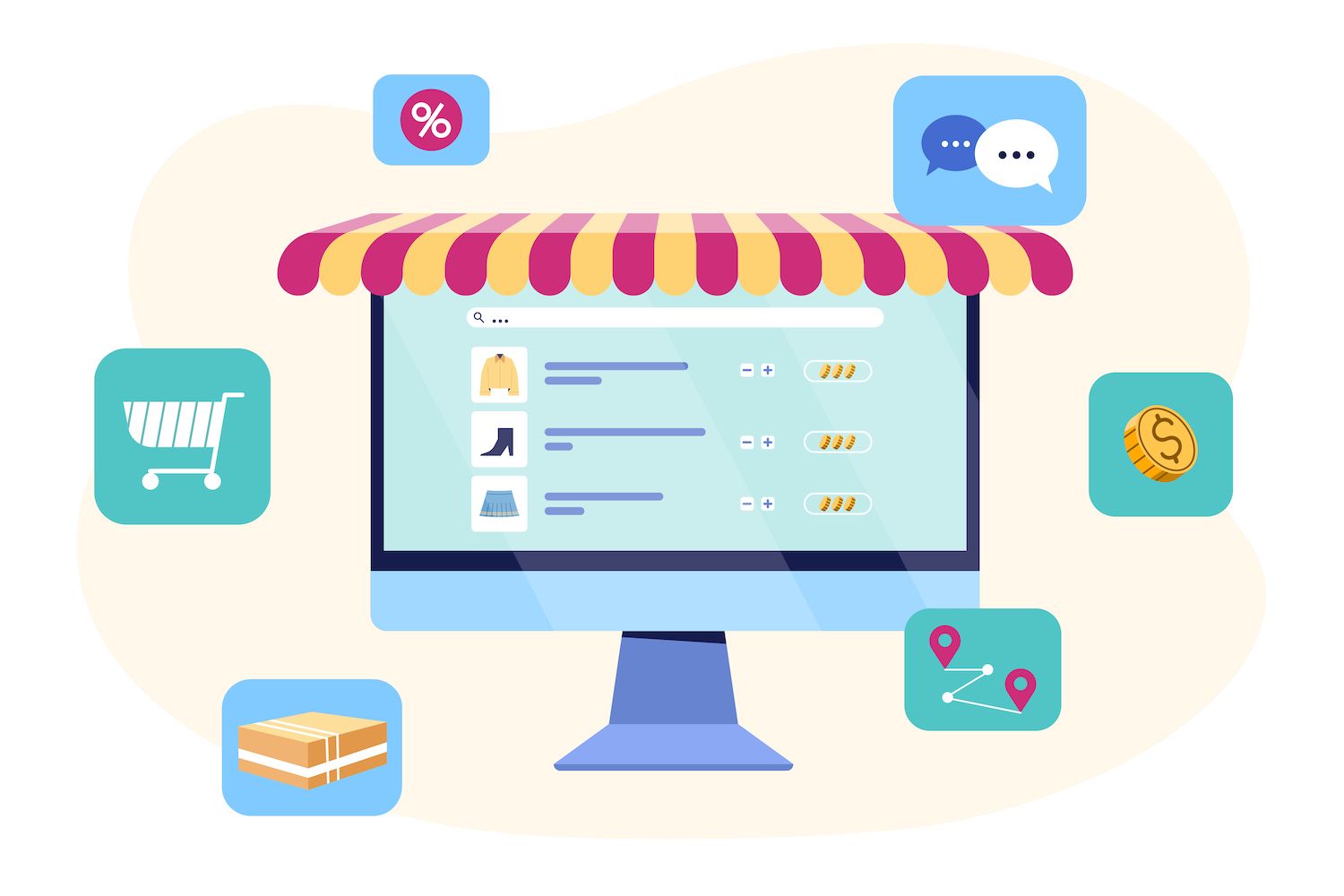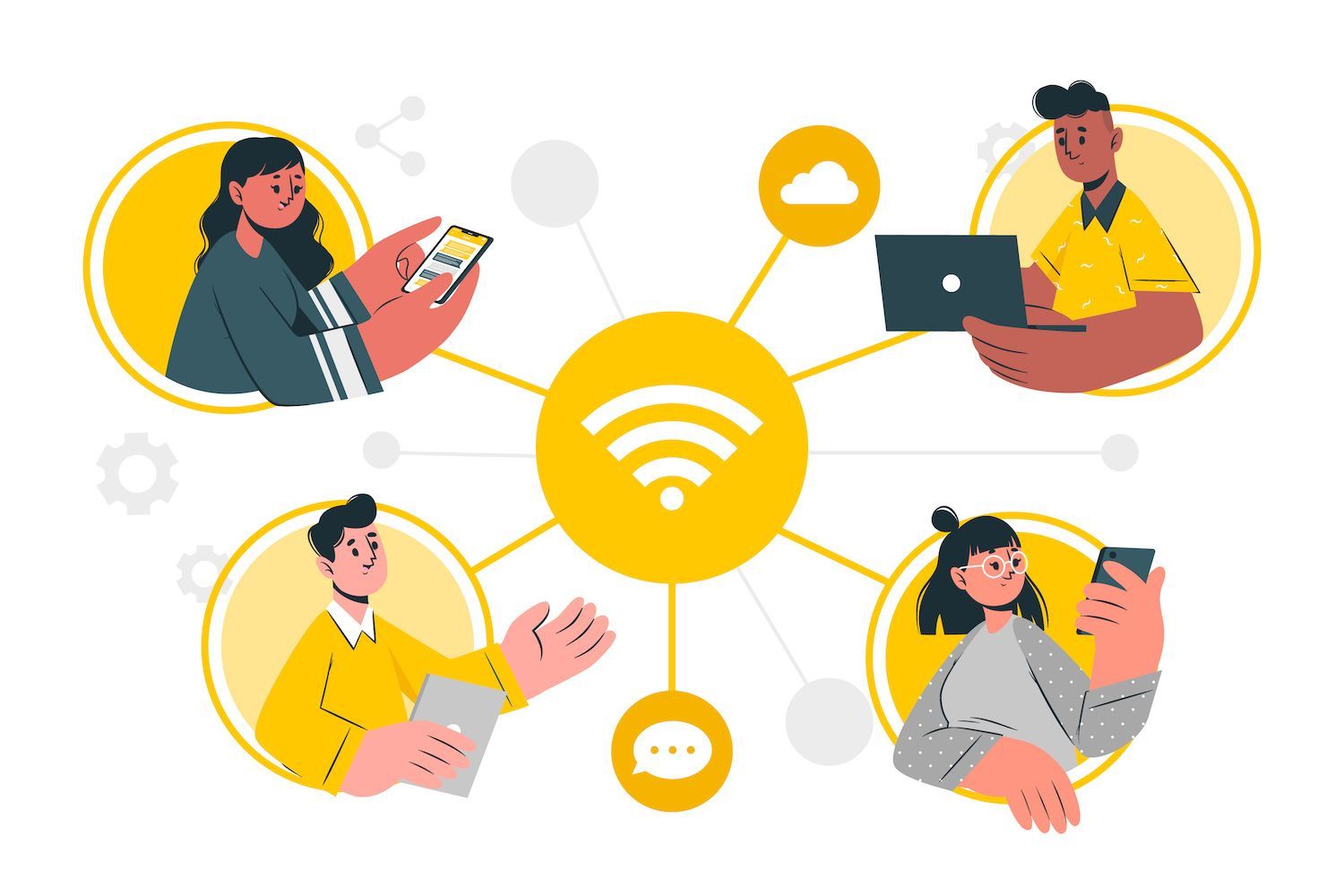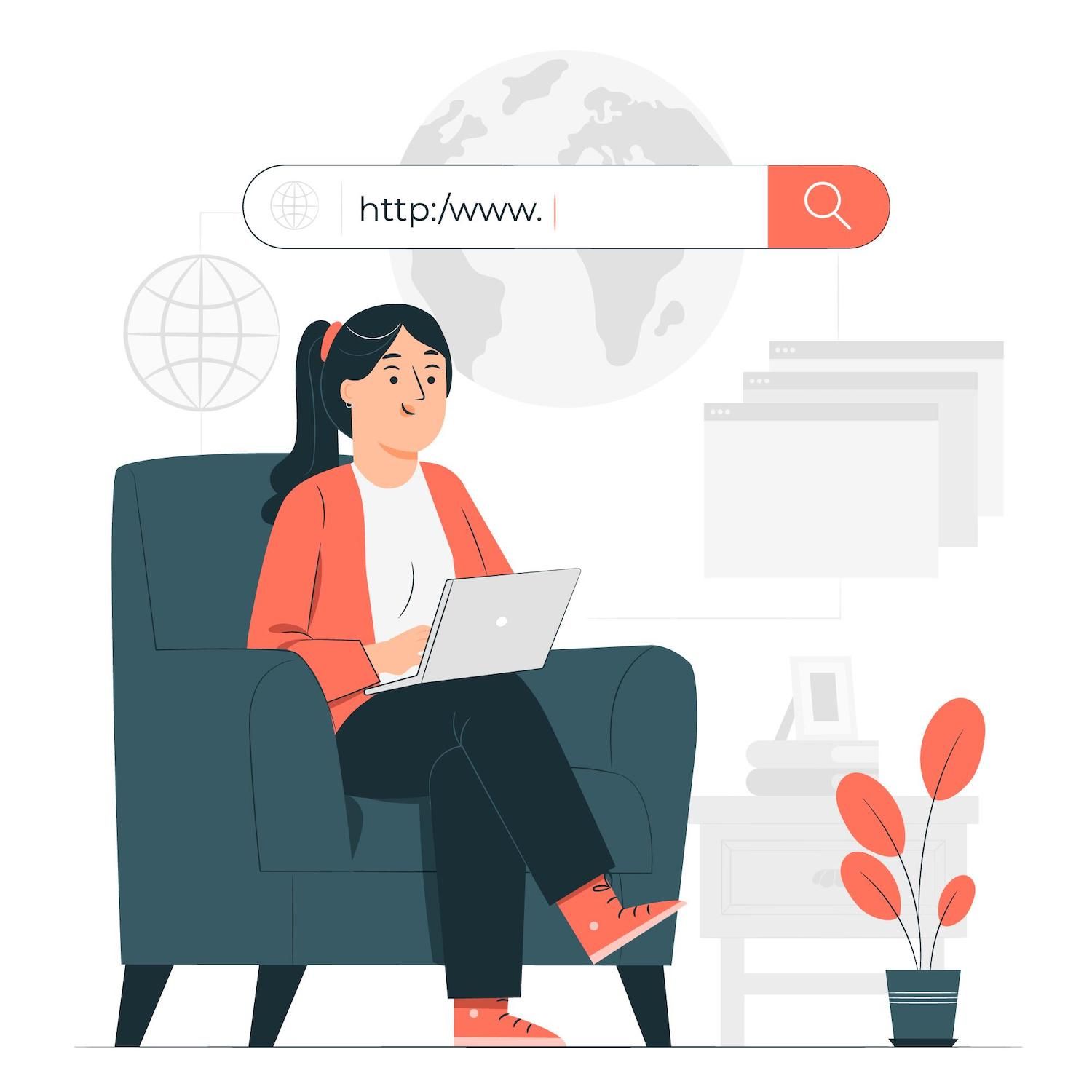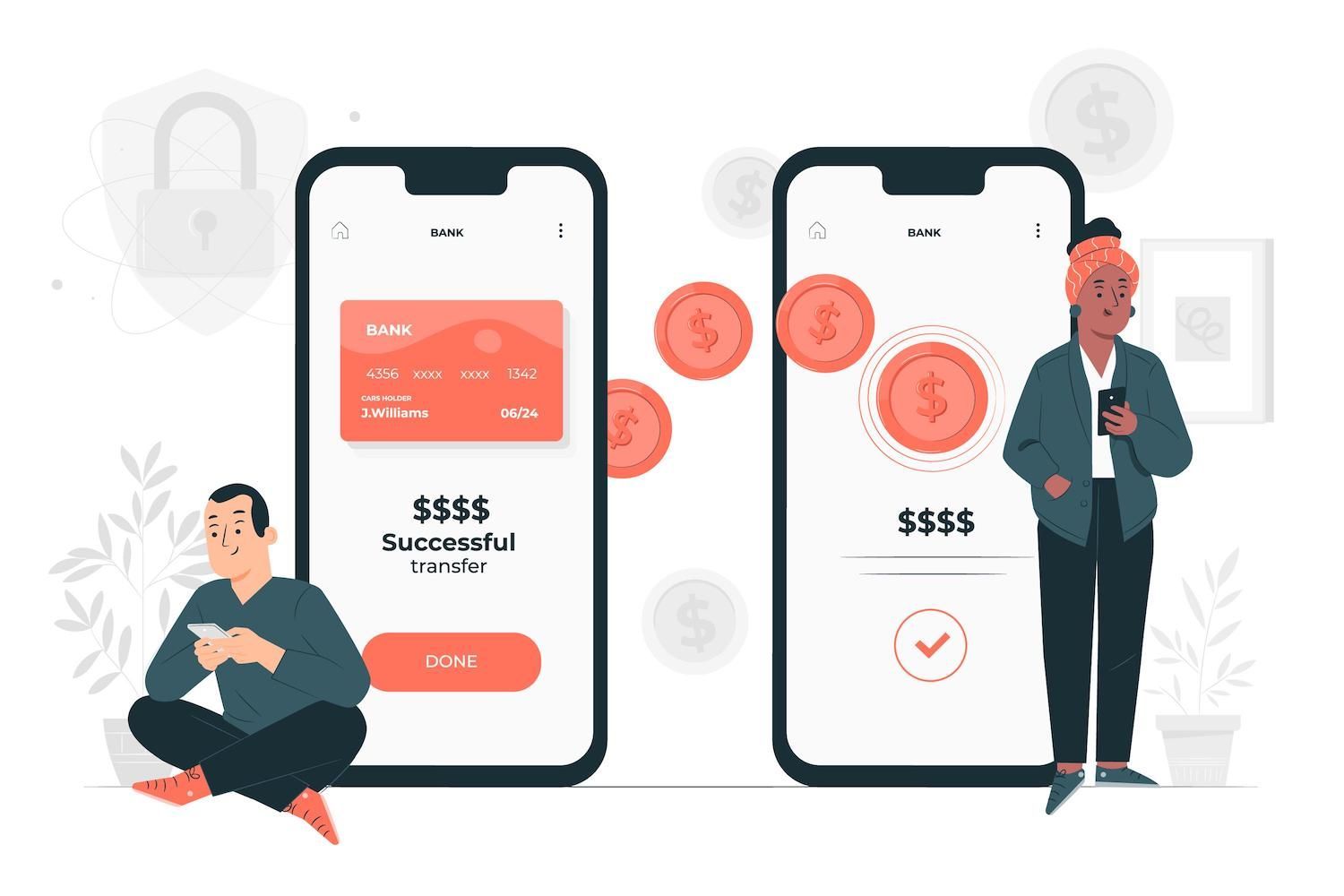What exactly is user-generated content? + Examples |
How did Meta create an online platform that earns $44 for each user? How can LinkedIn make $8 billion by charging everyone from recruiters to employers to premium members?
Check out the firms that earn billions in social media and you'll see that their valuations are directly dependent on the customers they serve. User-generated content is the key behind these giants. However, it's also what's which powers online forums, brand communities, Discord servers along with Medium and even blogs with comments or blogs, if they have such a thing. In addition, as a social platform, we're able to provide access to all the ways in which UGC creates vibrant communities, many that turn into 6 or 7-figure businesses. Even companies with 8 figures.
In this article we'll be discussing:
- What is user-generated content? are.
- Why it's so important (plus pros and pros and).
- Examples of UGC.
- HTML0 How do you unlock UGC for your brand and your company.
What is User-Generated Content (UGC)?
User-generated content can be defined as anything that is created by the users of websites not the owners of the website, regardless of whether the material is written, video photographs, text, or anything other than that. The majority of social media platforms depend on user-generated content. But, they also have other internet platforms like online forums, and online communities. These sites generally use a system of business that is where they host a software which users then create material.

Even if you're not the big social media company it is possible to use UGC to benefit yourself. As an example, many of our thrive especially thanks to content created by users, when people get together to create a community, discover something they like and engage in a lively conversations.

What is HTML0? UGC builds companies
Do you remember the app Clubhouse? It was advertised as a premium social listening application that could be worth a whopping $4 billion in 2021. It was only available to subscribers (you had to be invited) and featured frequent guests from celebrities like Oprah Winfrey, Elon Musk as well as Kevin Hart, and it exploded.

As the limitations on the spread of pandemics came close to an end, Clubhouse had a tough retention issue for those who used the service. Recently, they laid off the staff in a round. The number of active users on Clubhouse has been declining over the past couple of years, now averaging 10 million per week in contrast to Pinterest has 482 million users/month.
Threads is a great example. Threads platform is a fascinating illustration. It hit 100 million users in just 4 days! However, in the next 210 days, it only increased to 60 million. The growth seems to have been slow, but Meta hasn't made it publically available any longer.

Source: Statista
160 million users on Threads isn't anything to laugh at. Its competitor X (Twitter) boasts more than 600 million per month users.
The existence or ineffectiveness of these platforms, the billion-dollar worth, depends on two things: 1. Do people show up? 2. Are they able to make content? That's really not a question in any way.
It is the same with the membership-based community and also with membership-based communities. We discovered that we could model with 93% accuracy the probability that an online community will succeed or fail. There are two aspects to consider: 1. Do people sign up? 2. Are they close friends? The data we have is so powerful that we've already started to develop software that can do more than simply host UGC, but also is focused on helping users connect with one with each.

The foundation for all that is social the social network. Social networks are a theory that suggest that social networks constitute the core of human community. What makes Facebook among the leading platforms that has more than three billion people using it? Perhaps it's because Facebook is built upon the social network of people in person. There is a chance that you will be annoyed by someone you know on Twitter and decide to delete the site. However, if Facebook is the place you chat to your grandmother and mother and sell stuff from your garage It's likely you'll maintain the Facebook platform.
For UGC to create a business that isn't simply an endless stream of content to the world. Producing endless AI social media content isn't likely to help build your company.
And that's why, for communities and blogs such as social media, Facebook, and Reddit The real value of the platforms is in the involvement.
UGC is the term used to describe the process of engagement. Writers. People who are avid readers of content. If you do not have UGC and you do not possess engagement.

The benefits and disadvantages of user-generated content as well as drawbacks
Content created by users has numerous advantages for those who host or own platforms.
Participation: Engaging users will allow the creation of content more rapidly and significantly more than can be created by an individual company or website. Social media giants create little or no content on their own. For example, YouTube estimates that around 500 hours of content are posted each minute! YouTube cannot accomplish this, not even using AI.
User-directed conversations The internet is full of weird and wonderful topics people talk about online. UGC allows users to create dialogue and share content that they're interested in.
Diverse viewpoints: UGC gives people voices-especially people who are not able to be heard in media. Anyone can take part. Everyone can contribute their opinion.
The effect of networks: The term "network effect" is described as the method that communities and platforms grow more effective with each new member that they gain.
Enhancing customer service: For corporations or brands User-generated content can be utilized in order to enhance user experiences in addition to the customer experience. In the case of Apple, for instance, its customer community has users who respond to queries in their own way.

There may be negatives to content created by users also:
- Incorrect and false information There are no gatekeepers UGC lets anyone create any thing. And with 55% of Americans believe that spreading of inaccurate information is an issue that must be dealt with, UGC can be a component of the problem.
- The words intimidation and bullies UGC by content creators and those who respond (e.g. via comments) can mean intimidation and bullies, or even content aimed at an user or group of people.
- Moderation Moderation of the community host and companies that use social media Moderation is now an integral part when hosting UGC.
Don't allow this to discourage you from accepting the creation of content by users. The negative impact of this can be mitigated with an effective community moderation process and guidelines. Offering users the option to aid in moderation will go a long way too (e.g. the "report this post" button ).
If your customers put their time and energy in your business, the majority of them would like the experience to be pleasant. They'll usually be happy to help in limiting their use.
Pros of user-generated content
- Scale content creation fast
- Include a variety of voices and points of from a different point of
- Create organic reach and engage in exchange
- UGC can bring brand new customers to your website (e.g. in the case of used in conjunction with other platforms) growing the amount of users who make use of your platform.
Content created by users
- Greater risk of having inaccurate or incorrect data
- Intimidation as well as bullying
- Moderation is needed
User-generated content examples
A Mighty Network
A Mighty Network is a Community platform which gives hosts the ability to connect communities and change lives. Participants can participate in discussions and live classes, events, livestreams, and much more. Thriving communities always have great engagement from the participants. (See some of the examples here ).

In 2010, the app for sharing photos was launched with the intention of letting people share photos by using filters. It quickly grew before expanding to add more features such as Reels and has now more than 2 billion users.

YouTube
In the last paragraph, we mentioned the fact that there are thirty-three hours of brand new content on YouTube each hour. It would take over 1900 years of age to watch the latest videos uploaded to YouTube. YouTube is an absolute beast within the realm of UGC and with 30 percent of youngsters saying YouTubers are their "dream job" is a huge impact on the imagination of our culture. Whether they can monetize and make money off views or if it's impossible, YouTube is a juggernaut in the world of UGC.

Blog Comments
It's not as common nowadays, but beginning a blog and getting blog comments used to be the OG of content created by users. This pattern on some blogs, particularly on blogs such as Medium. Some news sites have the same issue.

Local Reviews
The topic of social media for a while, but reviews for places, restaurants, etc. through Google or Yelp are a great instance of UGC.

Product Reviews
Similar to local reviews, where you can read reviews of products prior to purchasing an item from Amazon or any other online store .
Forums
If you've spent any time on social media sites such as reddit and Quora you'll realize that there are many people that hang out in these spaces, producing the content that keeps these websites going. Reddit is expected to boast 53 million members by 2025.

How to unlock UGC
1. Create amazing content
The first and most important thing is that UGC will likely come through engaging and high-quality and engaging content. There are many applications available to assist you create lots of content. You can technically incessantly make AI text and publish it.
However, great content is distinctive and starts conversations. If the content is genuine and authentic, readers are motivated to participate and contribute or even write.

2. Create niche spaces
Imagine who is in charge of the algorithmic process. Hootsuite says that the mean amount of engagement per page post on Facebook Page post is 0.07%. What type of UGC will thrive within an online environment that does not get noticed? What kind of creator would want to produce content that isn't visible to the public?

It is important to make spaces that are not based on algorithmic that allows individuals to make and share. Email. Online communities. Chat rooms. Apps. It is necessary to make spaces that don't depend upon algorithms, to allow you unblock UGC.

3. Memorable social media campaigns
Although algorithms can be fickle, UGC is still possible with social media campaigns. Select the platform you prefer and develop content that's engaging. Additionally, there are creative ways to get people involved. A contest or prize for contribution can increase engagement!

4. Reviews
One of the most important forms of UGC that brands can use are testimonials, reviews, as well as other feedback that is positive (negative feedback is also beneficial, however it's in a different method.) The process of obtaining UGC through review websites when there is a product you market, or local reviews when you're using Google is essential as a large percentage than half of us are affected by reviews when making buying decisions. And if you use testimonials on your site, UGC can be really valuable here too.
If you want to get UGC feedback, be sure to inquire. Simple prompts to encourage users to write reviews or ratings can make a big impact on the activity.
5. Gamify Donation
If you're seeking and need UGC game play, gamifying your entire experience could be a significant improvement. As an example, Apple's brand support forum is driven by users, with lots of people who are there to answer questions. They've made it a game with achievement levels and an individual community restricted to top contributors. Gamification or rewards can encourage people to create new content.
Conclusion
In the end, user-generated content is a massive benefit. The top corporations around the world have relied on UGC for the purpose of increasing their valuations. It doesn't matter if it's billions of users creating content, or a group of people sharing their thoughts, UGC taps into human creativeness in a way that is amazing.
Then Read: 11 types of online communities that Thrive
Article was first seen on here
